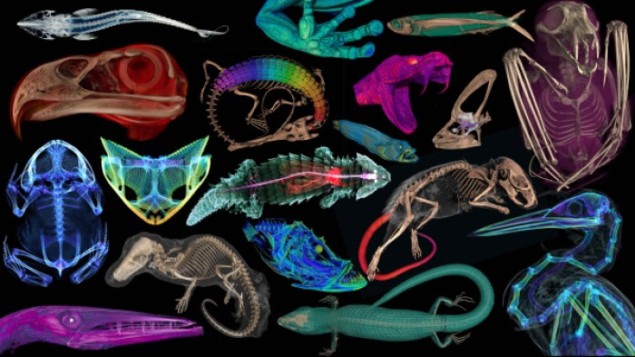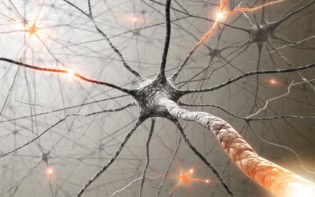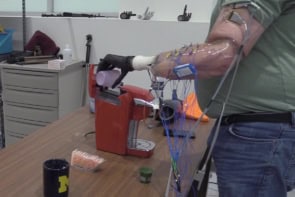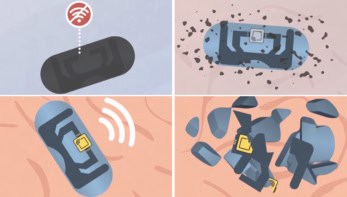
A freely available repository of thousands of natural history specimens has been created by researchers in the US.
The openVertebrate (oVert) project, funded by the National Science Foundation, is a five-year initiative between 18 US institutions to create 3D reconstructions of vertebrate specimens using computed tomography (CT) scans (BioScience 10.1093/biosci/biad120).
The collection includes amphibians, reptiles, fish and mammals, with many of the fluid-preserved specimens held by museums and not only those on public display.
The specimens were scanned between 2017 and 2023 and allowed scientists to examine them without having to dissect or sample their tissues.
The study has already thrown up some surprises such as the finding that frogs have lost and regained teeth more than 20 times throughout their evolutionary history.
“When people first collected these specimens, they had no idea what the future would hold for them,” notes Edward Stanley from Florida Museum of Natural History, who is oVert’s co-principal investigator.



